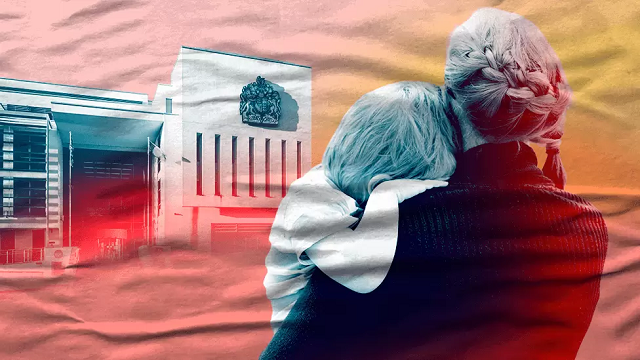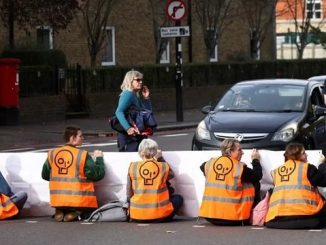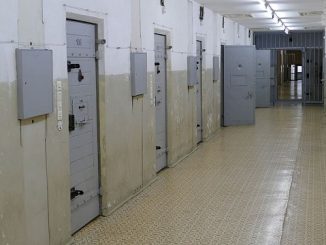
A pilot scheme to allow journalists and legal bloggers to report cases from three family courts in England and Wales is to be extended to almost half of the courts in the countries.
From 29 January, coverage of cases at 16 more family court centres in England will be permitted.
This means 19 of the 43 centres in England and Wales will be part of the Transparency Pilot.
Families and individual social workers will be anonymous under the scheme.
However, reporting can include the names of local authorities and some experts, once Transparency Orders are granted.
For the first time in these courts, reporters will be able to speak to families about their cases, quote from documents and describe what they see and hear in court.
Sir Andrew McFarlane, president of the High Court’s Family Division, described the move as a “huge step to increase transparency and improve public confidence and understanding of the family justice system”.
He urged the media to come to the family courts, to see the “vital and challenging work” that is done there.
Journalists and legal bloggers will be able to apply for Transparency Orders in Liverpool, Manchester, West Yorkshire, Hull, the Midlands, Dorset, Truro, Luton, Guildford and Milton Keynes, as well as in all of London’s family courts.
Initially, reporting will be limited to “public law cases”, where judges are deciding whether children should be taken into care.
As happened in the pilot centres of Leeds, Cardiff and Carlisle, reporting will be extended later to “private law cases”, where parents are separating. It will also be allowed eventually at magistrates’ hearings of family cases.
During the past year, the BBC has reported extensively from the pilot courts, including a series of in-depth pieces on individual stories on Radio 4’s Today programme.
Another piece, by BBC Look North, focused on an abuse survivor’s legal fight to get her children back.
Our report on a mother trying to remove parental rights from her child’s paedophile father led to calls to change the law.
Cathy Ashley, of the Family Rights Group, which supports many families in these cases, said she “warmly welcomed” the extension.
She said it would help parents understand the system, and provide a “mechanism” to ensure it was “accountable and transparent”. She said it should be backed by sufficient resources, and that children and their families should be central to any evaluation of the scheme.
Lucy Reed KC, a family barrister who founded the Transparency Project 10 years ago, said this was a “very significant development”.
She called it a “major opportunity” for the media and legal bloggers to help the public understand how the family court works, “what it does well, and where things need to change”.
There has been criticism of the family courts, and calls for greater transparency, for decades.
Family judges have the power to make some of the most drastic interventions in people’s lives, as they can take children away from their parents and place them in care or up for adoption.
Where parents are separating, these courts decide where children should live, and how much contact they should have with each parent. These cases often involve allegations of domestic abuse.
Source: bbc.co.uk






Be the first to comment